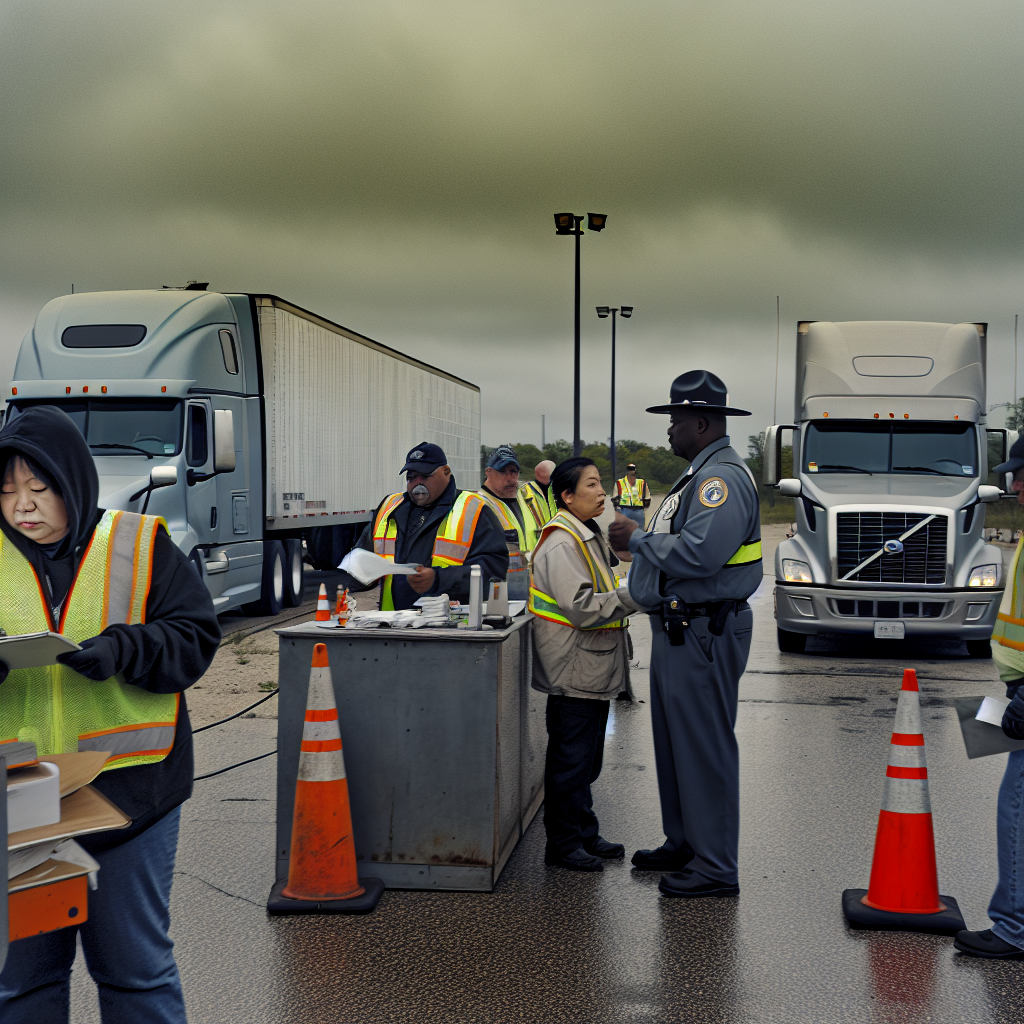The Federal Motor Carrier Safety Administration issued an emergency regulation Friday that sharply narrows who among non‑U.S. citizens can obtain a commercial driver’s license, an abrupt policy pivot that state licensing agencies and carriers will have to absorb immediately. The rule arrives amid a federal audit of state licensing practices and follows a series of fatal crashes that galvanized the Department of Transportation to act.
Under the order, states must verify immigration status through a federal database and restrict eligibility to a short list of employment-based categories. Licenses for eligible noncitizens are capped at one year or the visa’s expiration, whichever comes first. Existing noncitizen CDLs aren’t revoked but will face the new screens at renewal.
Transportation Secretary Sean Duffy coupled the rule with an enforcement push aimed at California, saying the state improperly issued a significant share of noncitizen CDLs reviewed by investigators; USDOT warned it will begin withholding federal highway funds if the state doesn’t present a compliance plan within 30 days. California defended its safety record and vowed to respond. Federal officials also flagged irregular practices in Colorado, Pennsylvania, South Dakota, Texas and Washington, according to summaries of the not‑yet‑released audit.
The immediate operational impact is twofold. First, states are expected to pause issuance of non‑domiciled CDLs while they retool screening and database verification workflows. Second, fleets that recruit immigrant drivers will face a much tighter eligibility funnel, as DOT officials estimate the pool of noncitizen CDL holders that qualify under the new criteria could shrink dramatically. Industry associations said they expect better accountability under the new vetting regime, and regulators argue that the share of licenses affected is small compared with the overall driver base.
The move caps a week of building signals from Washington. On Thursday, trade media were advised to expect a “major” Friday announcement tied to non‑domiciled licensing, previewing the enforcement tone carriers saw materialize with the emergency rule.
Why this matters to trucking: compliance timelines and headcount. For state driver licensing agencies, the one‑year validity limit for eligible noncitizens and mandatory federal status checks will require new procedures, systems access and staff training. For carriers, the narrower visa pathways mean recruiting teams must confirm work authorization earlier in the pipeline and be ready for longer onboarding lead times. Shippers should anticipate isolated capacity dislocations in markets that leaned on immigrant drivers and consider contingency plans as states recalibrate.
Risk management and legal exposure are also in play. The administration has signaled it will tie funding to enforcement, increasing the stakes for state‑level compliance decisions. Carriers that continue onboarding non‑domiciled drivers must document eligibility rigorously to satisfy insurer and customer audits—and be prepared for heightened roadside scrutiny given the recent federal focus.
Context from the crash probes underscores the urgency driving the rulemaking: federal officials linked the change to a Florida fatality that triggered national attention, alongside deadly incidents in Texas and Alabama. Those cases, now central to the policy debate, created political momentum for Washington to clamp down while the FMCSA audit runs its course.
What fleets should do now:
– Freeze offers to noncitizen driver applicants until your compliance team confirms eligibility under the new categories and your I‑9/visa verification workflow aligns with state procedures.
– Re‑screen renewals: identify noncitizen CDLs coming up for renewal within 6–12 months and build a plan for continuity or replacement.
– Update job postings and recruiter scripts to reflect the tightened eligibility and one‑year license term.
– Coordinate with insurers and major shippers to document your enhanced vetting standards and avoid disruptions at tender.
– Watch state DMV bulletins; policy details may vary as agencies implement federal database checks and pause/resume issuance on new timelines.
Bottom line: The FMCSA just put a hard gate in front of non‑domiciled licensing. States must rewire how they verify status; carriers must recalibrate recruiting and risk controls. Whether the change measurably improves safety will be debated for months, but the compliance clock is already ticking.
Sources: FreightWaves, Reuters, Associated Press, Overdrive
This article was prepared exclusively for TruckStopInsider.com. Republishing is permitted only with proper credit and a link back to the original source.





